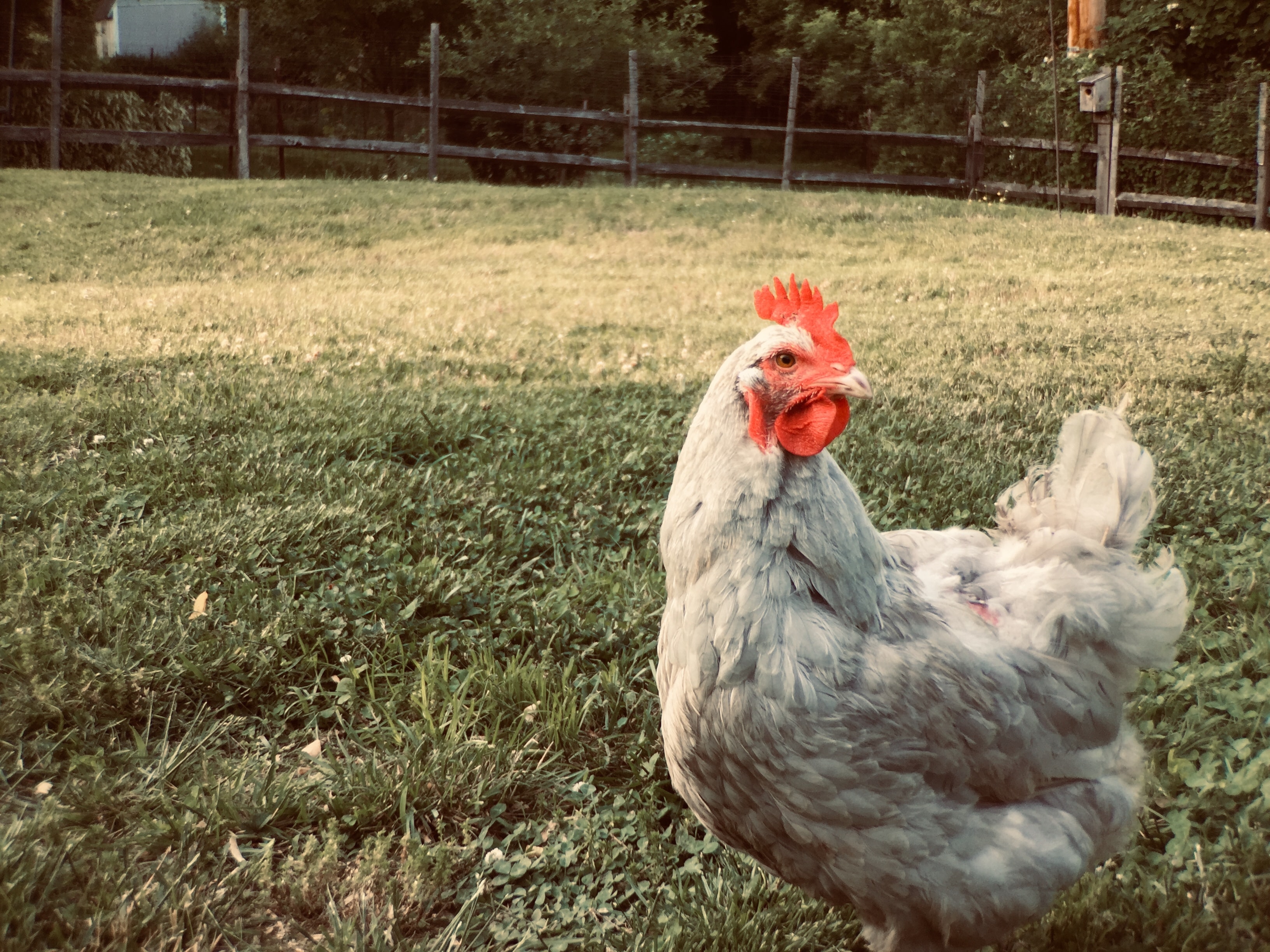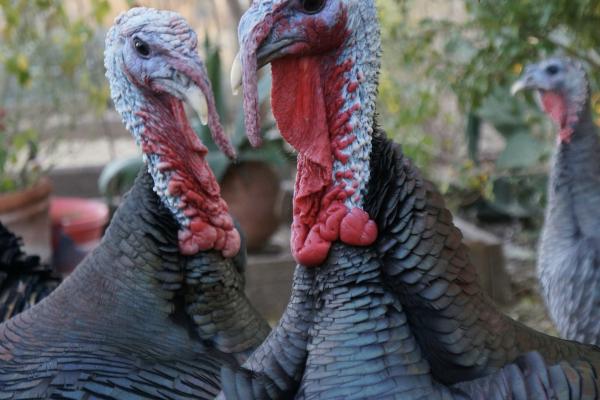Research roundup: How can producers and veterinarians out-step colibacillosis in Pakistan and around the world?
July 31, 2020

Colibacillosis, a disease caused by avian pathogenic Escherichia coli (APEC), costs the global poultry industry millions of dollars each year. APEC has been researched extensively in North America and Europe, but less is known about the genetic background of APEC isolates from Pakistan, specifically, and elsewhere in the world. As a result, it is difficult for producers and veterinarians in these regions to prevent, manage, and treat colibacillosis. Tim Johnson, PhD, professor in the Department of Veterinary and Biomedical Sciences, recently collaborated with the University of Agriculture in Faisalabad, Pakistan, on the very first study ever to assess strains of APEC from colibacillosis-affected broiler chickens in Pakistan. The research team’s findings reveal APEC in Pakistan are extremely effective at infecting birds, spreading among flocks, and resisting antibiotics. Poultry farming practices in Pakistan routinely include supplementing feed with antimicrobials to promote growth. As such, the researchers concluded that more prudent use of antimicrobials in livestock farming in Pakistan is needed to reduce the burden of these antimicrobial-resistant organisms entering the food chain through these birds. The study was funded by the International Research Support Initiative Program under Higher Education Commission, Pakistan (Project No. 1-8/HEC/HRD/2018/8874) and the International Foundation for Science, Sweden (IFS B/5793-1).
Read more in the June 27 paper published in Veterinary Microbiology.
Photo by NIFTYART via Unsplash


